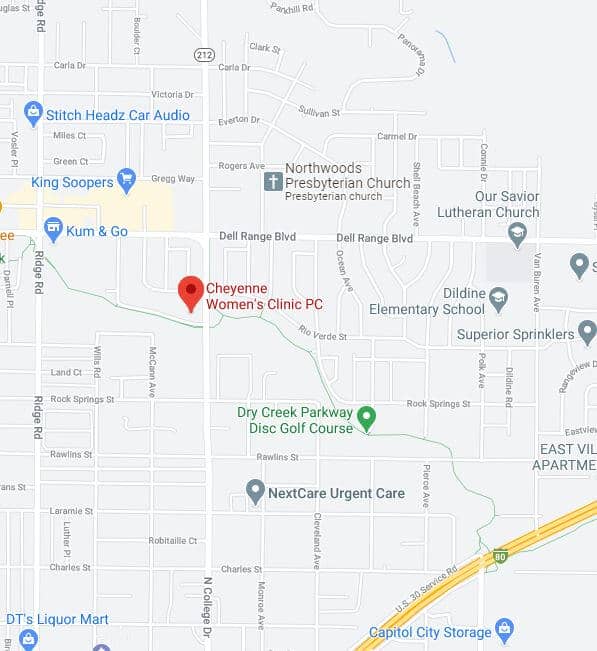Having menorrhagia, or heavy menstrual bleeding, is a common problem among women from teenagers up to women in perimenopause. Yet only about a third of women dealing with this problem see a healthcare provider for relief. Heavy periods likely aren’t something you just have to deal with. Once we find the cause, we can offer treatment to reduce or eliminate the problem.
What is Menorrhagia?
First, what is considered to be a heavy period?
- A period that lasts more than seven days.
- Bleeding that soaks through one or more tampons or pads every hour for several hours in a row.
- The need to wear more than one pad at a time.
- The need to change pads or tampons during the night.
- Clots that are as big around as a quarter or larger.
Heavy periods can involve so much bleeding that you develop iron-deficiency anemia. This is a condition where your blood doesn’t contain enough iron. It can cause shortness of breath and lead to heart problems.
Heavy periods can also be the signal that you have other health conditions, such as:
- Uterine fibroids or polyps
- Adenomyosis, a condition where the tissue that provides the lining of the uterus begins to grow within the muscle wall of the uterus
- Irregular ovulation, which causes the lining of the uterus to become too thick
- Bleeding disorders, in which your blood fails to clot properly
- Endometrial cancer
- Endometriosis
- Ectopic pregnancy
- Miscarriage
Certain medications you’re taking such as aspirin and blood thinners may cause heavy menstrual bleeding. A copper IUD may also give you heavier than normal bleeding, especially during the first year.
Talking to Your Provider
If you are experiencing heavy periods, we encourage you to make an appointment with your provider so he or she can determine the cause and help you find relief. In addition to asking about your health history and giving you a pelvic exam, your provider may order tests to help him or her get a clearer picture of what might be causing your abnormal periods:

- Pregnancy test
- Tests for certain sexually transmitted infections (STIs)
- Ultrasound exam of your pelvic organs
- Sonohysterography, which is similar to an ultrasound, only your uterus is filled with a fluid to help your provider better see inside
- MRI of your internal organs
Depending on the condition that is causing your heavy periods, there are a number of different medications and procedures that may alleviate the problem, from hormone therapy to a complete hysterectomy to procedures such as endometrial ablation. The suitability of each treatment depends on several different factors, including the cause of the bleeding, your specific symptoms, whether you desire to become pregnant in the future, and others.
If you are experiencing heavy periods every month, don’t keep suffering through it. Make an appointment by calling 307.637.7700 to talk with a provider so he or she can help you find relief.







